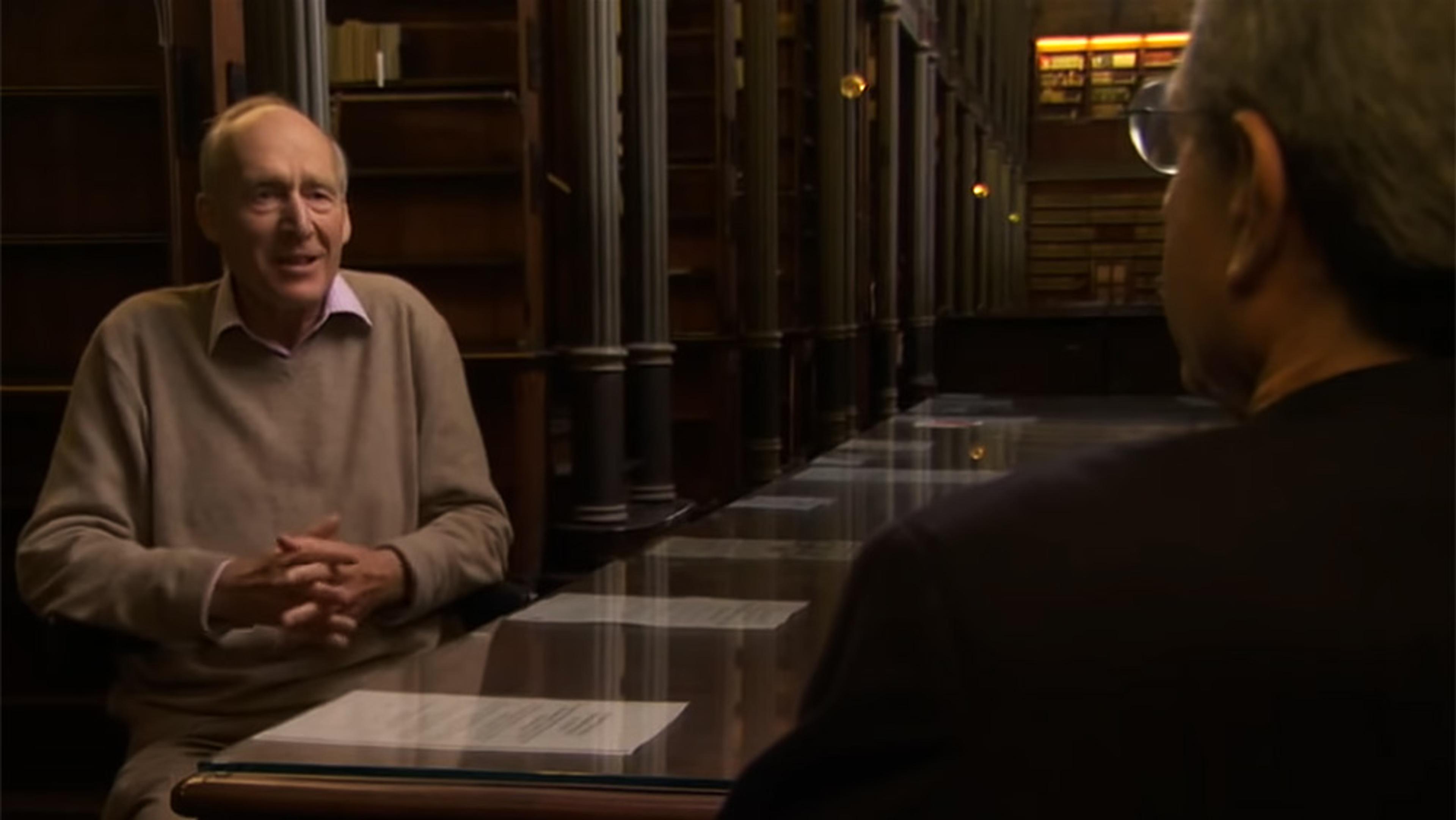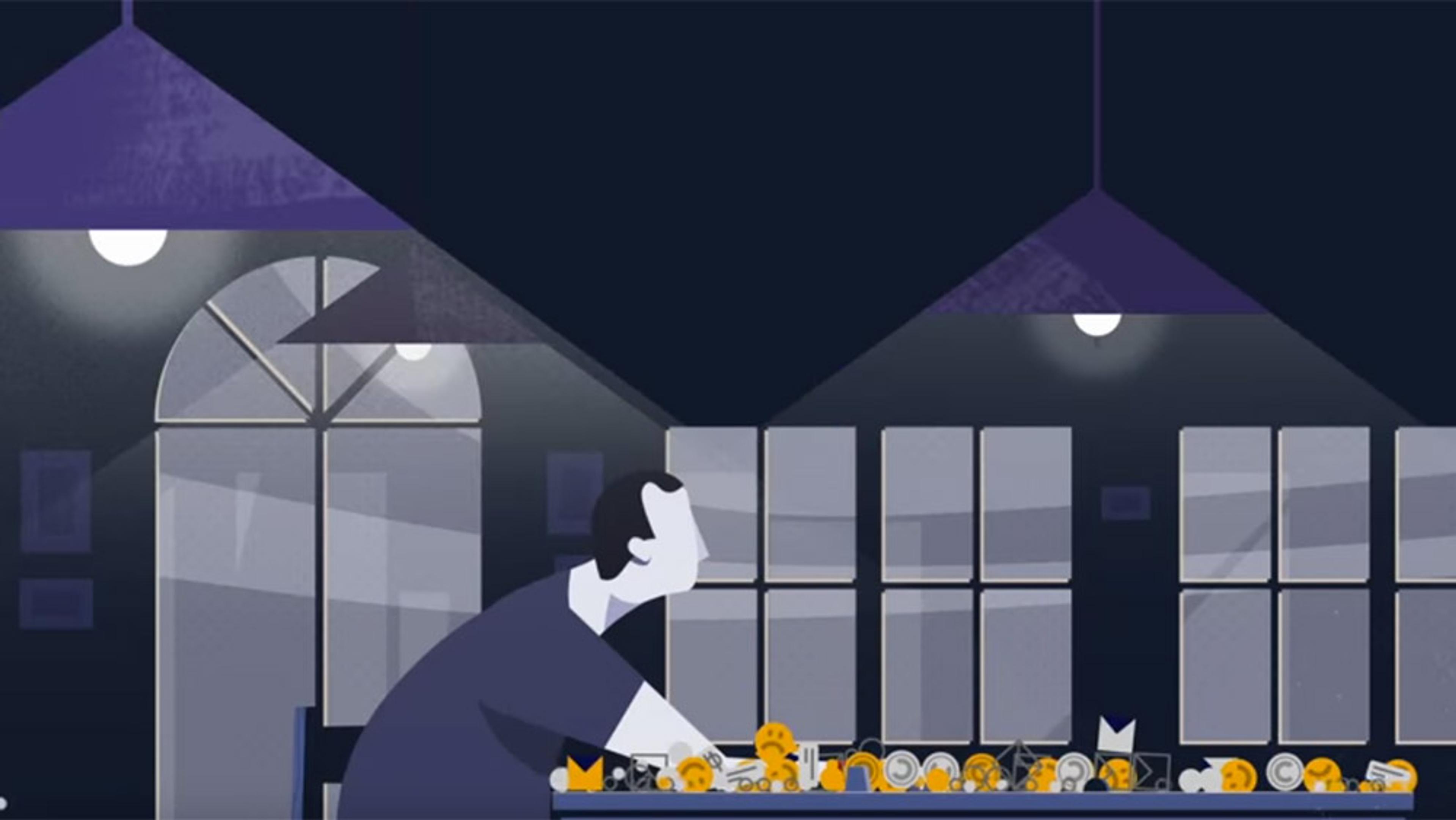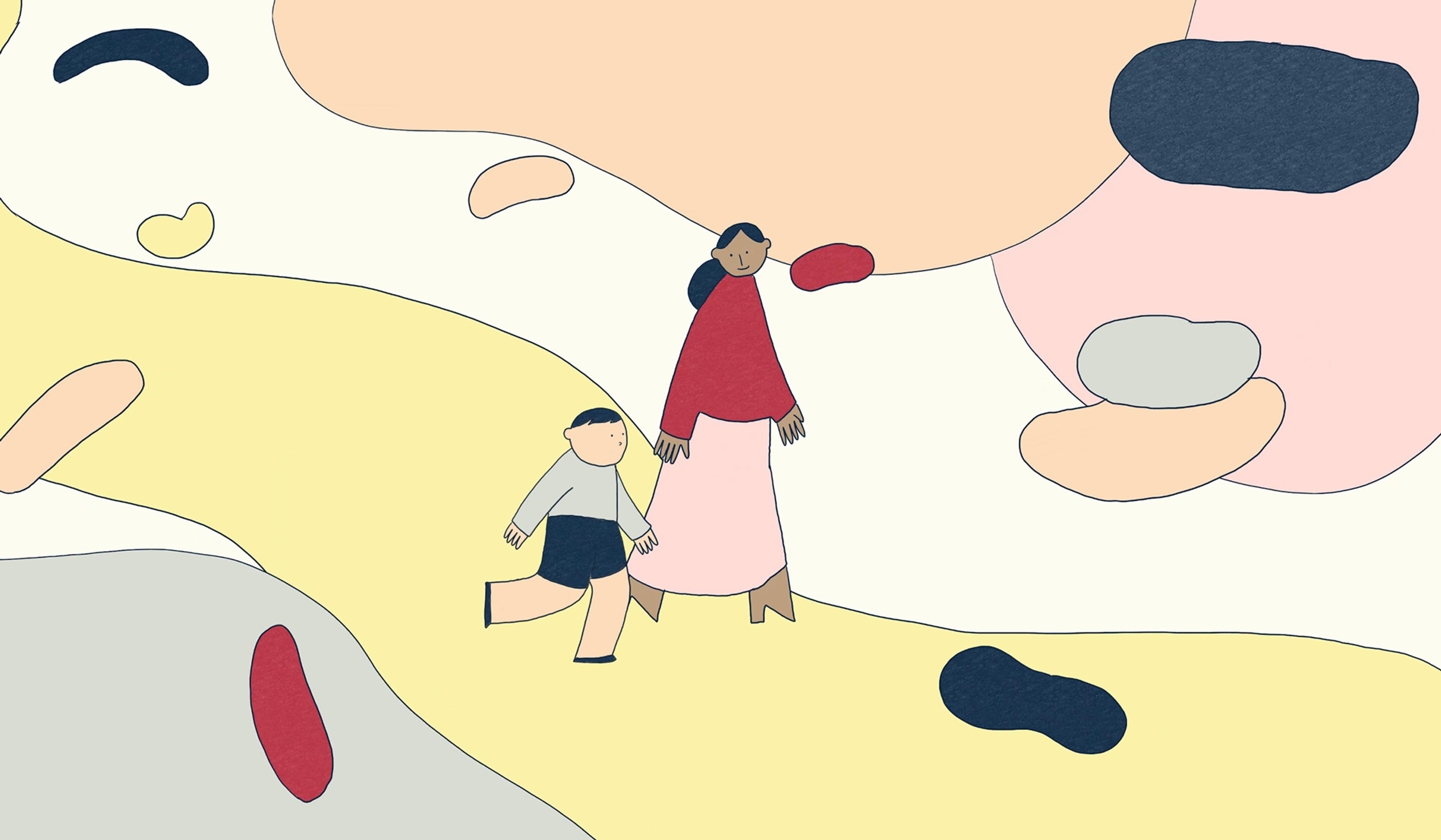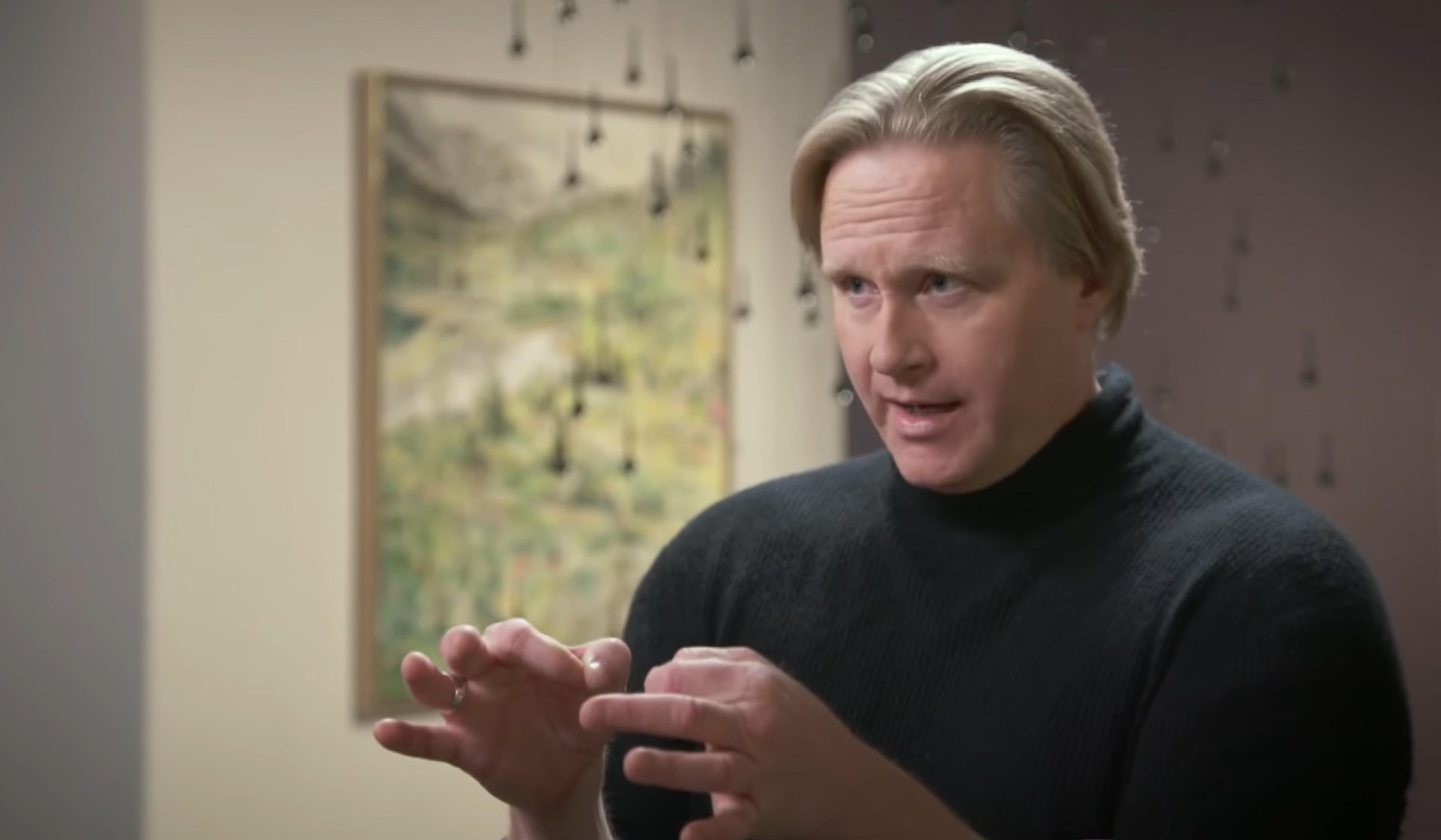Most adults seem to agree that the older you get, the quicker time flies by. This feeling might, on its surface, seem like one of life’s more enigmatic qualities. But according to the US neuroscientist David Eagleman, there’s actually a pretty straightforward scientific explanation for this phenomenon: habitual situations require much less of our attention than novel ones and, as we age, we become much more likely to be fixed in our routines, and much less likely to encounter anything out of the ordinary. So, as Eagleman suggests in this animation from BBC Ideas, if you want to pump the brakes on your experience of time, try pursuing new experiences – large and small.
Time seems to accelerate as we get older, but there’s a tested way to tap the brakes
Video by BBC Ideas
Animator: Peter Caires

videoLife stages
Imperceptible and unstoppable: the ageing process comes to life
5 minutes

videoHistory of ideas
From sky charts to atomic clocks, time is a mysterious story that humans keep inventing
8 minutes

videoMood and emotion
Things can get much more interesting if we let ourselves feel bored
1 minute

videoPhysics
An interstellar voyage explores the ‘paradox’ of twins separated by light years
6 minutes

videoPhilosophy of mind
Caring for the vulnerable opens gateways to our richest, deepest brain states
7 minutes

videoMetaphysics
To see the Universe more clearly, think in terms of processes, not objects
6 minutes

videoQuantum theory
Mind-bending new quantum experiments are blurring past, present and future
10 minutes

videoDeath
Even in modern secular societies, belief in an afterlife persists. Why?
9 minutes

videoConsciousness and altered states
A brain glitch? A sign of quantum entanglement? What science says about déjà vu
4 minutes